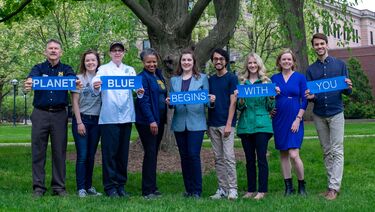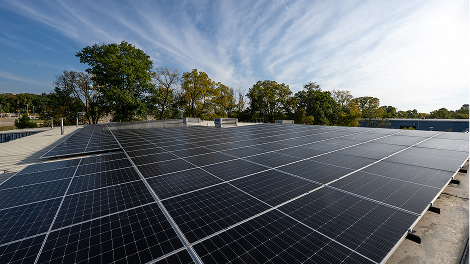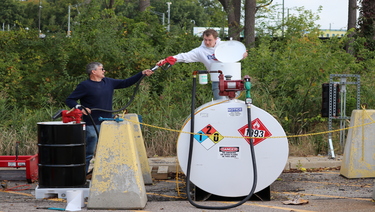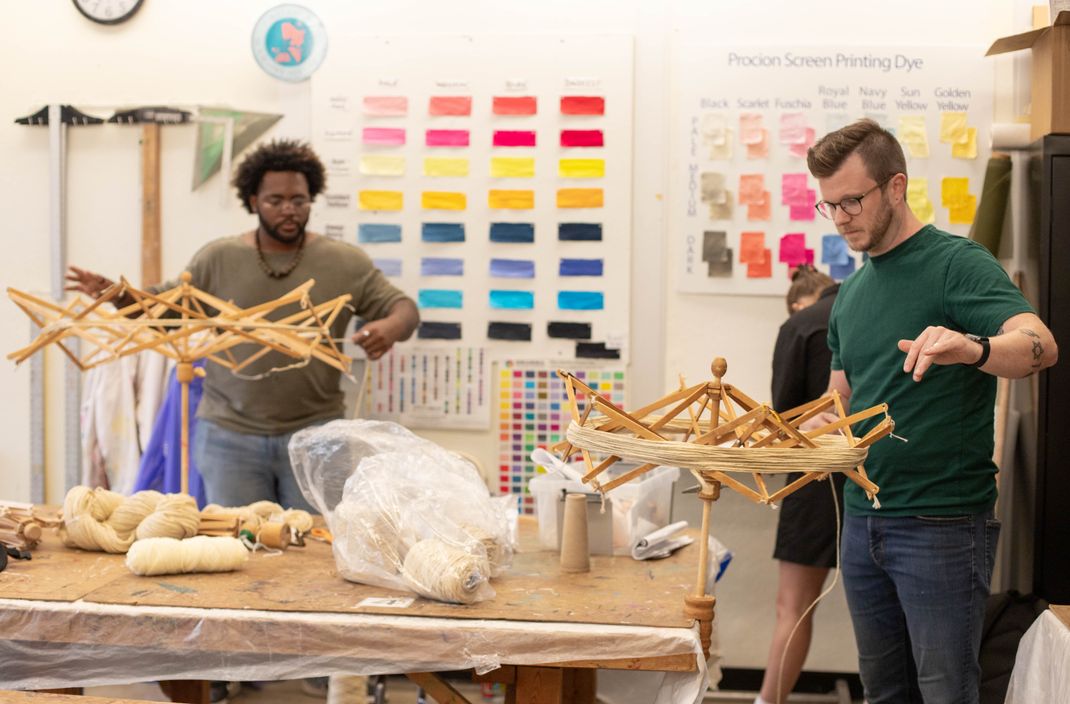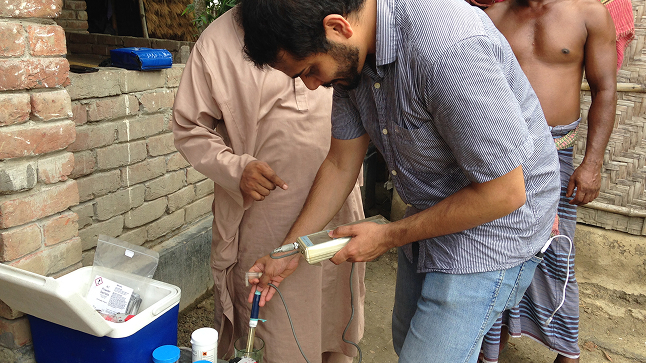
Student decal design challenge
As part of U-M’s Bird Protection Program, the university is turning bird-collision research into action through a student design competition grounded in science and creativity. The initiative advances biodiversity while integrating research, art and campus operations.

